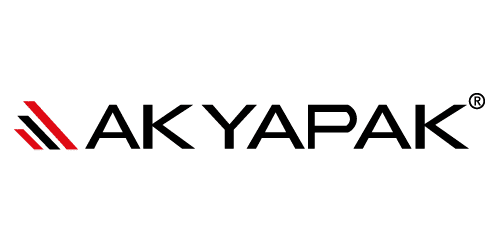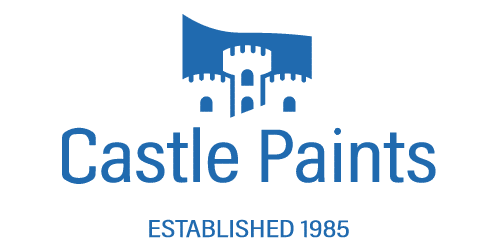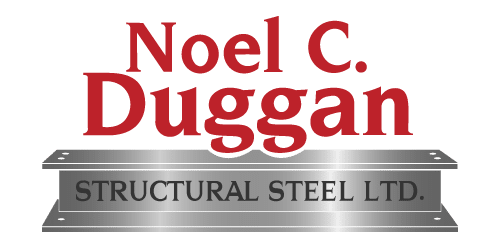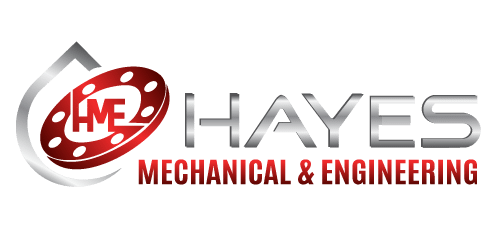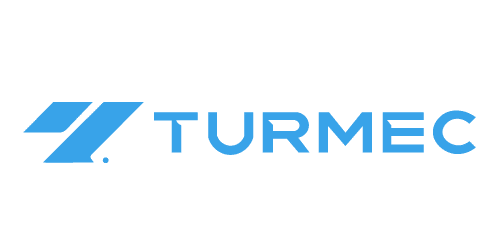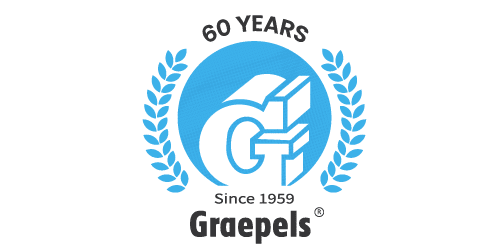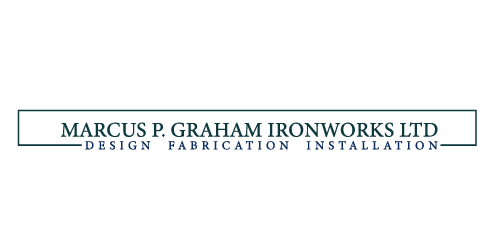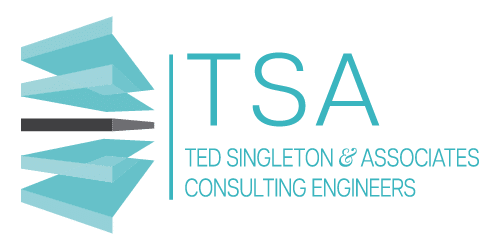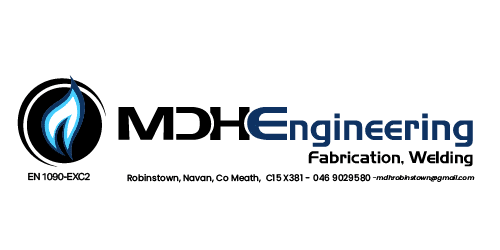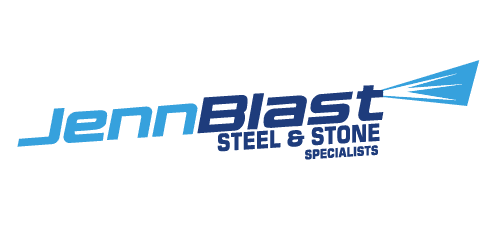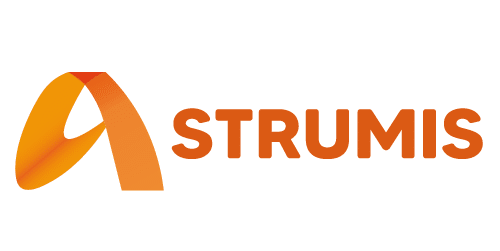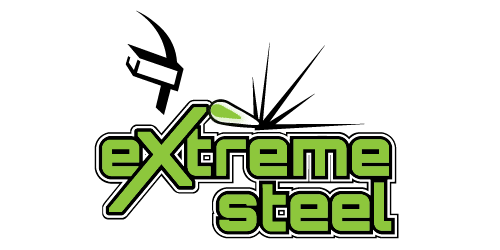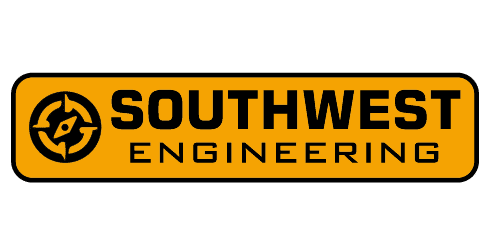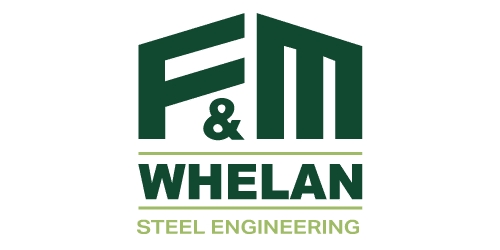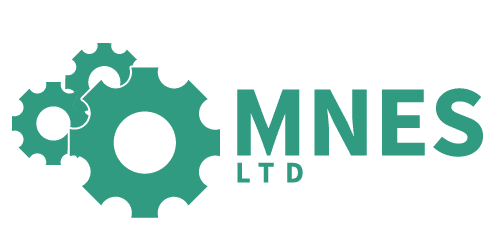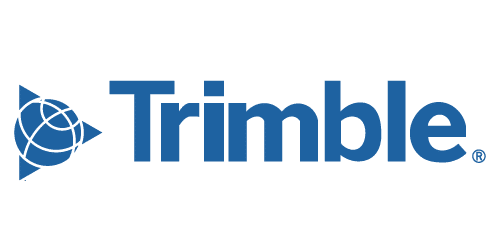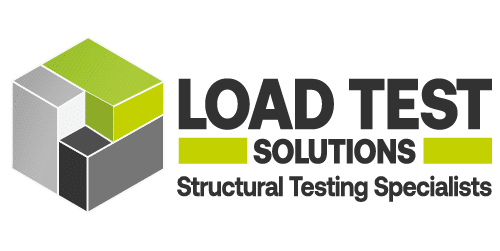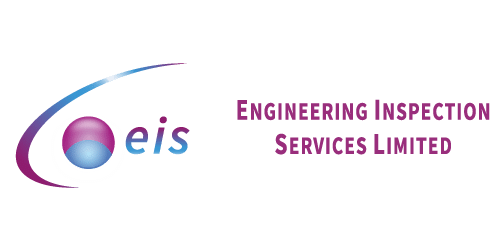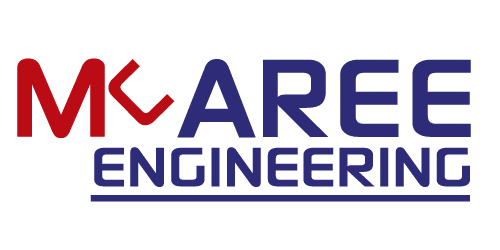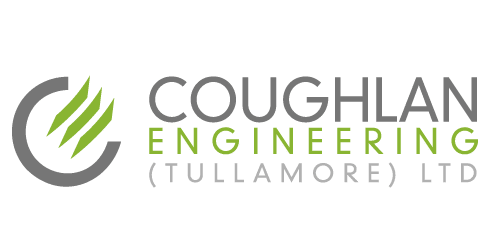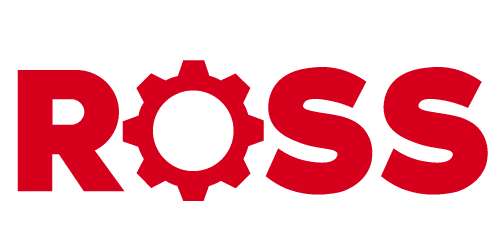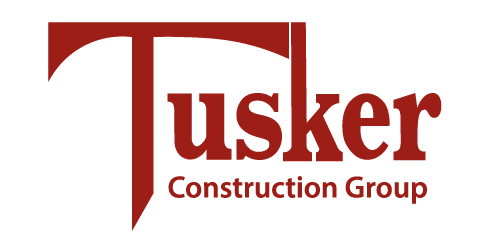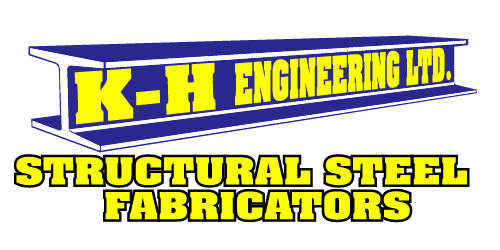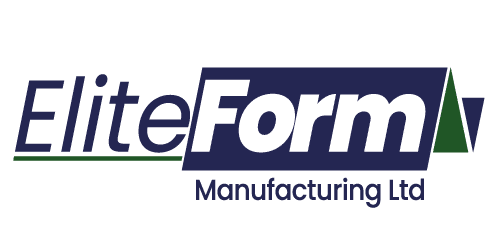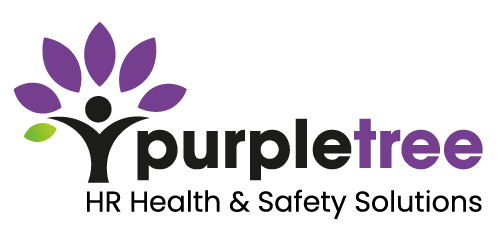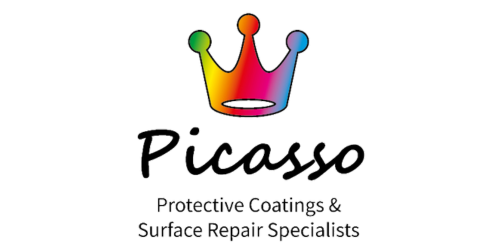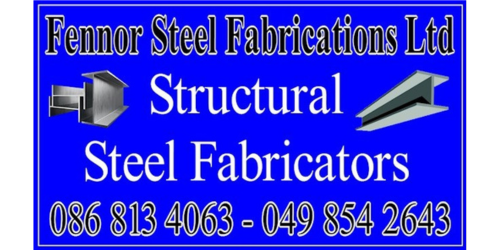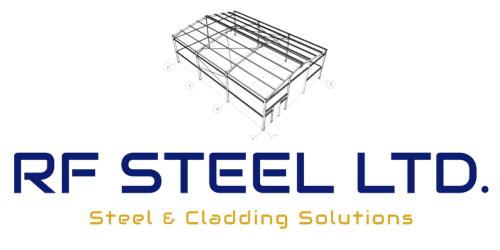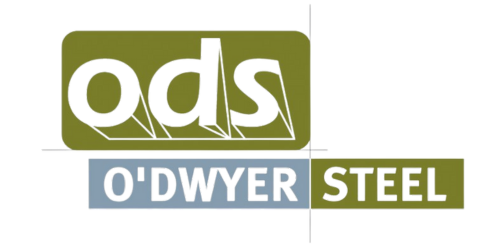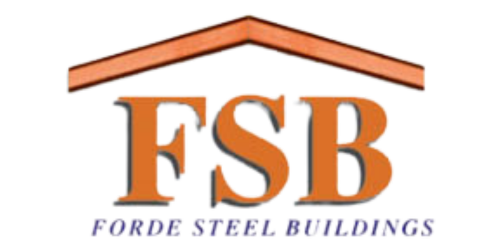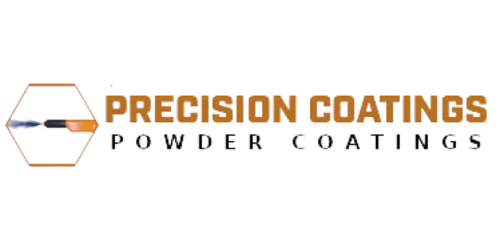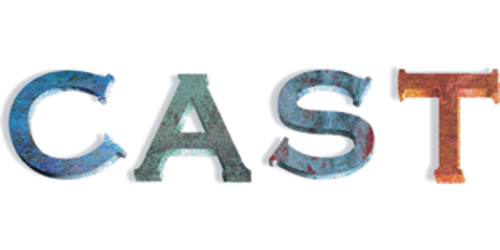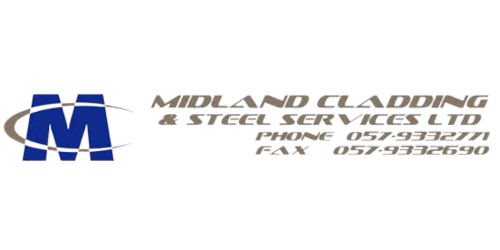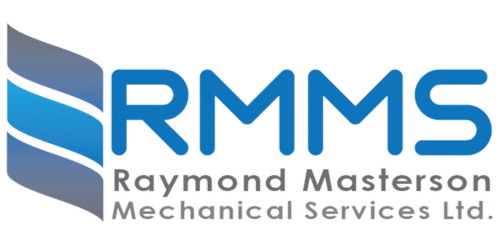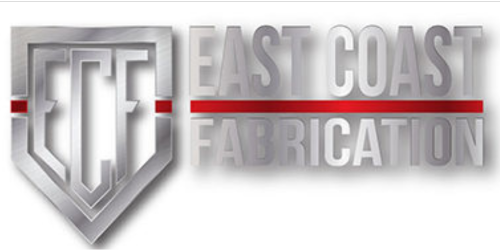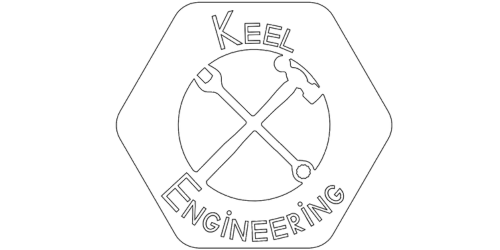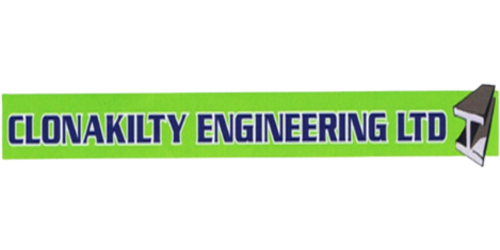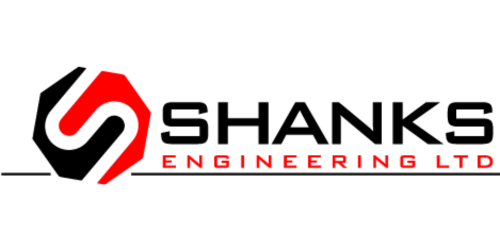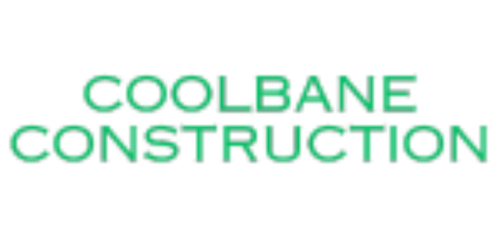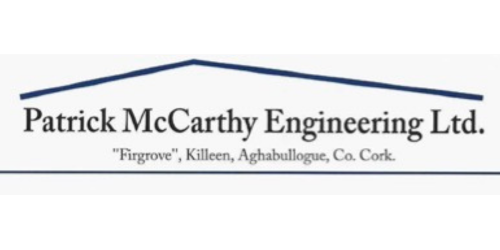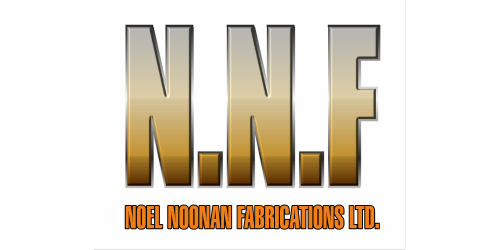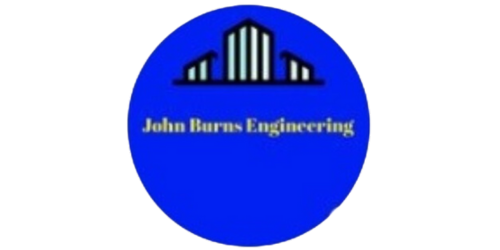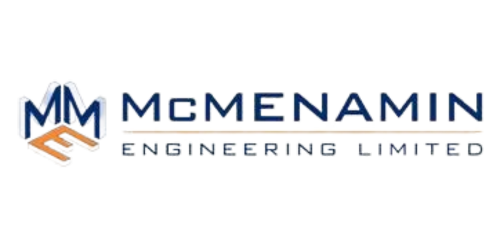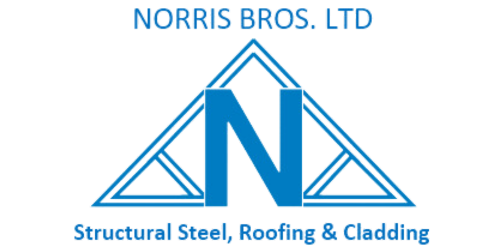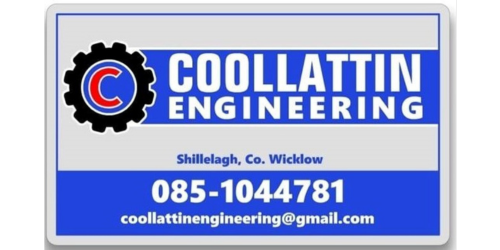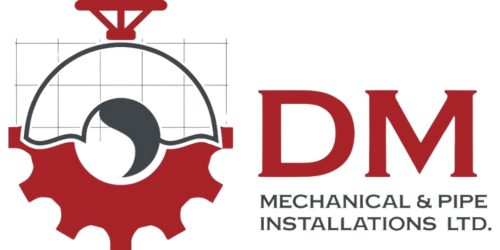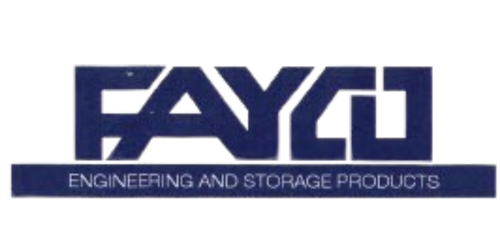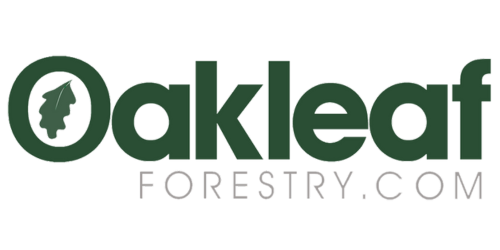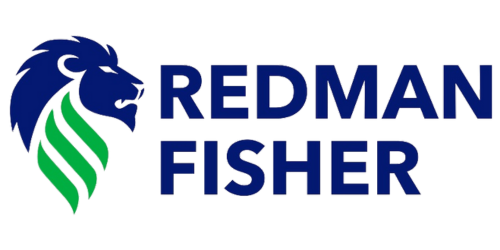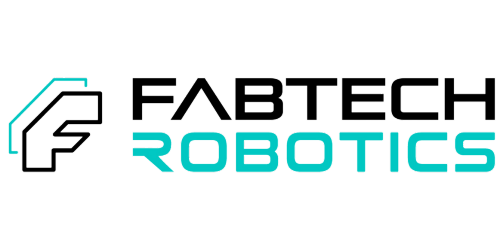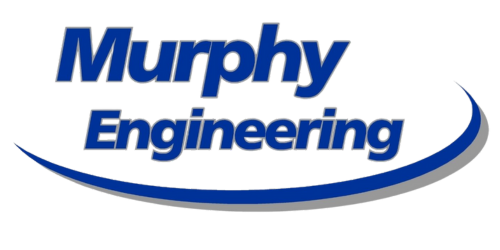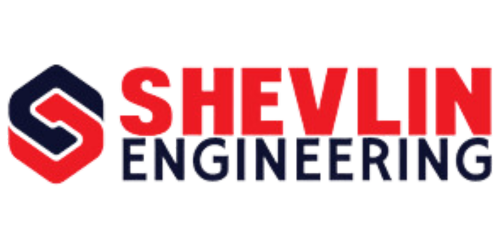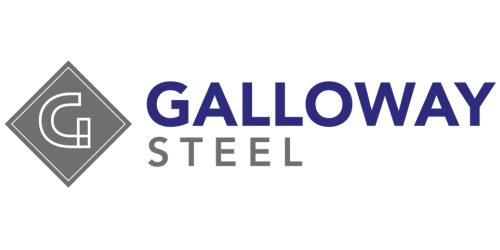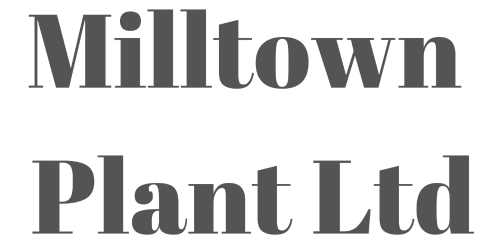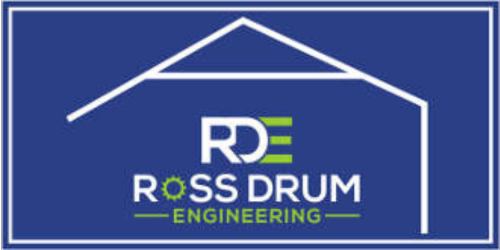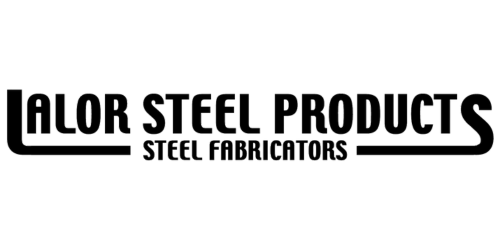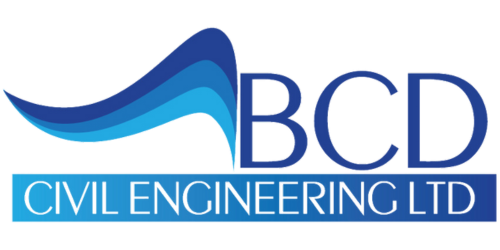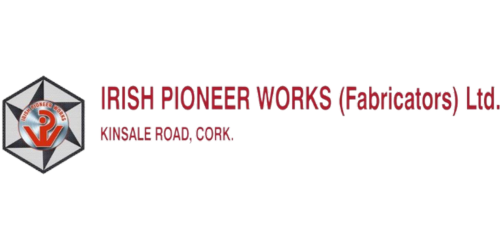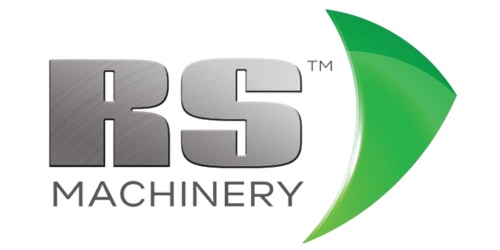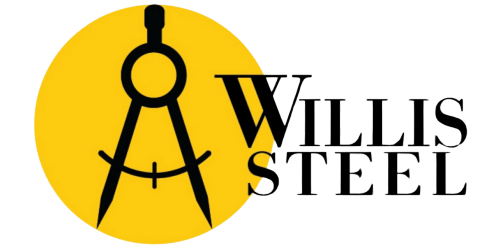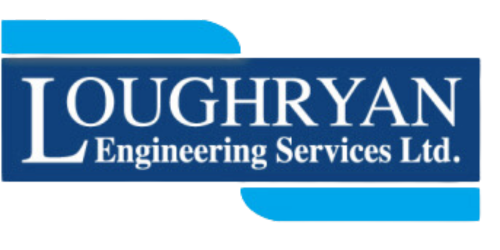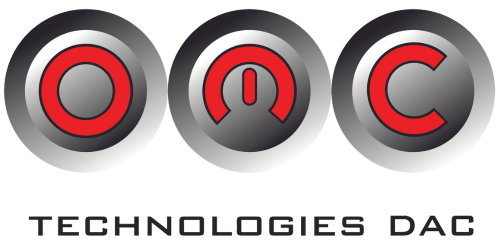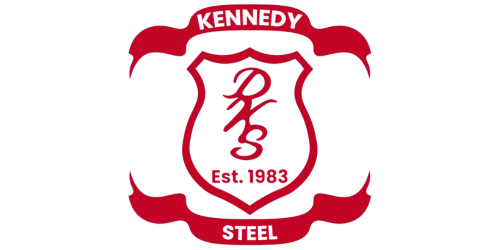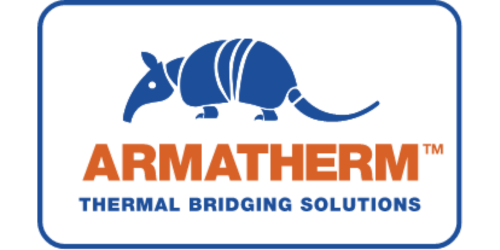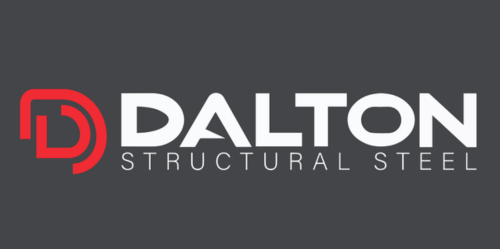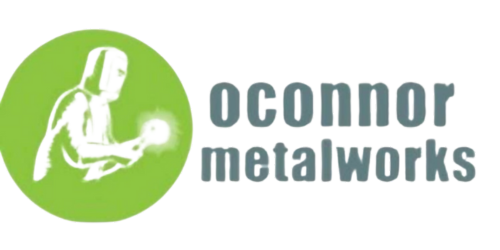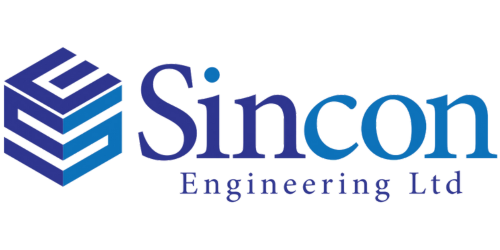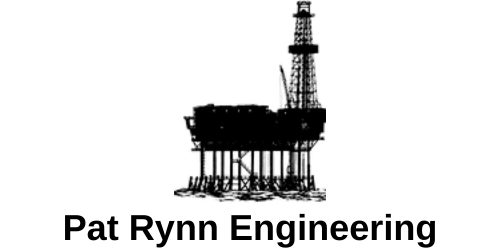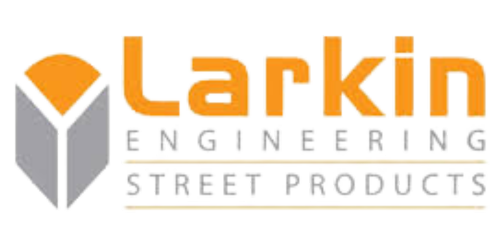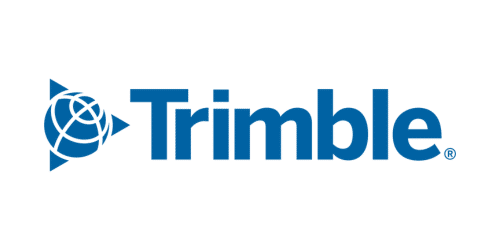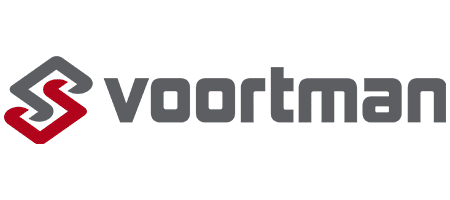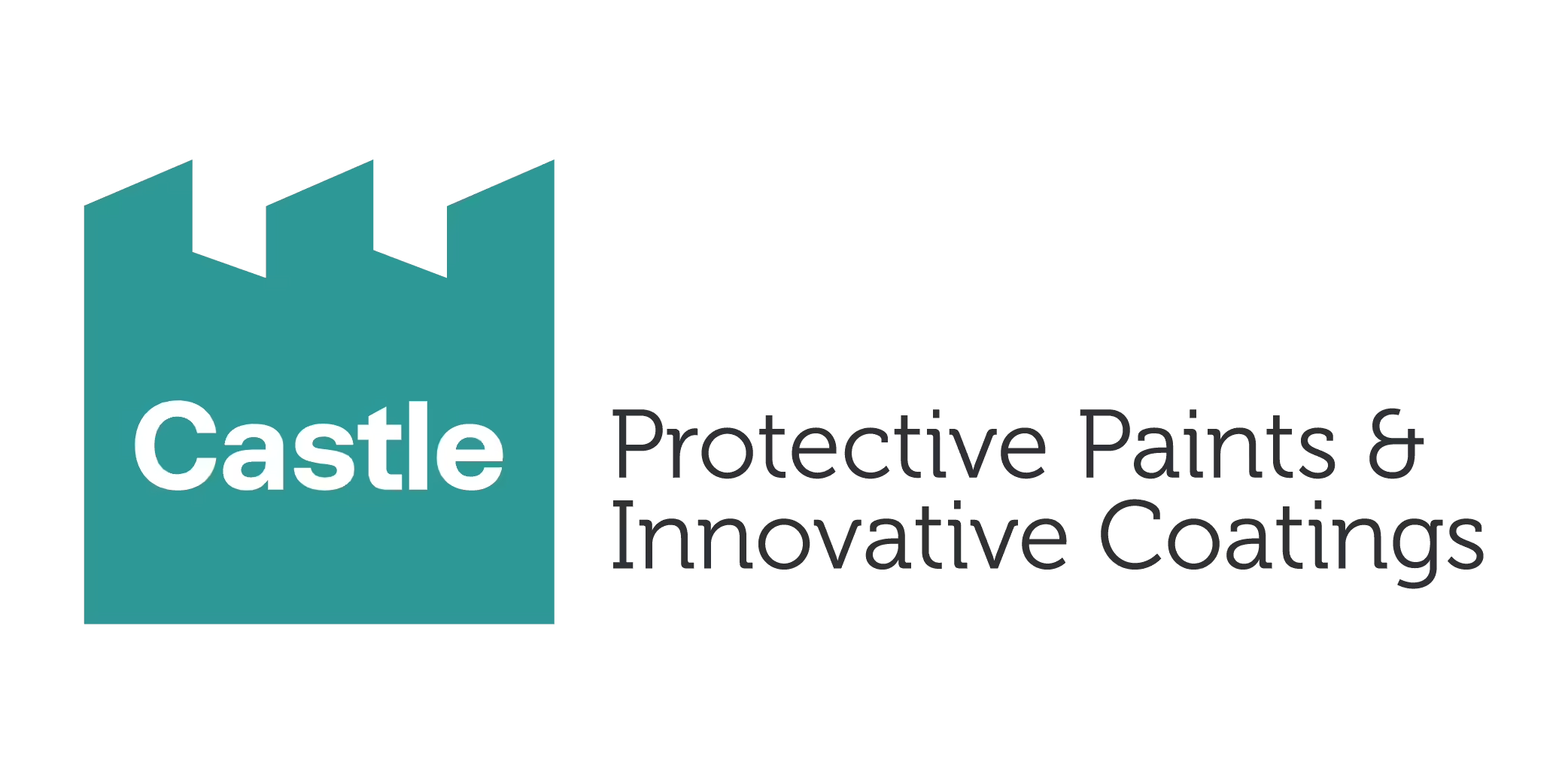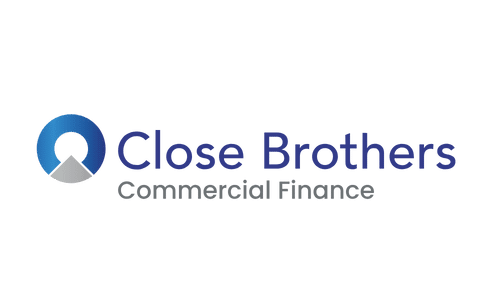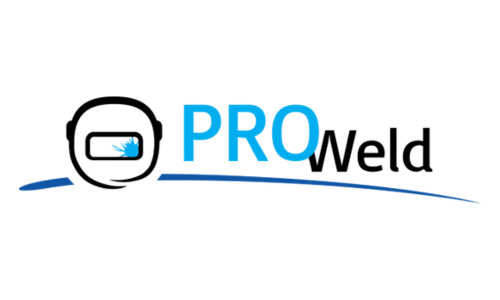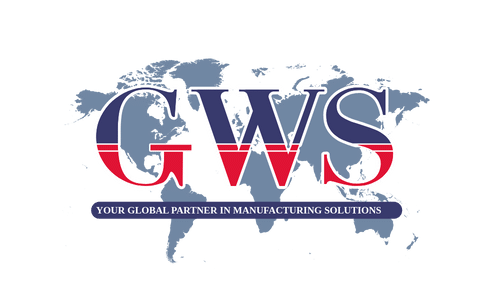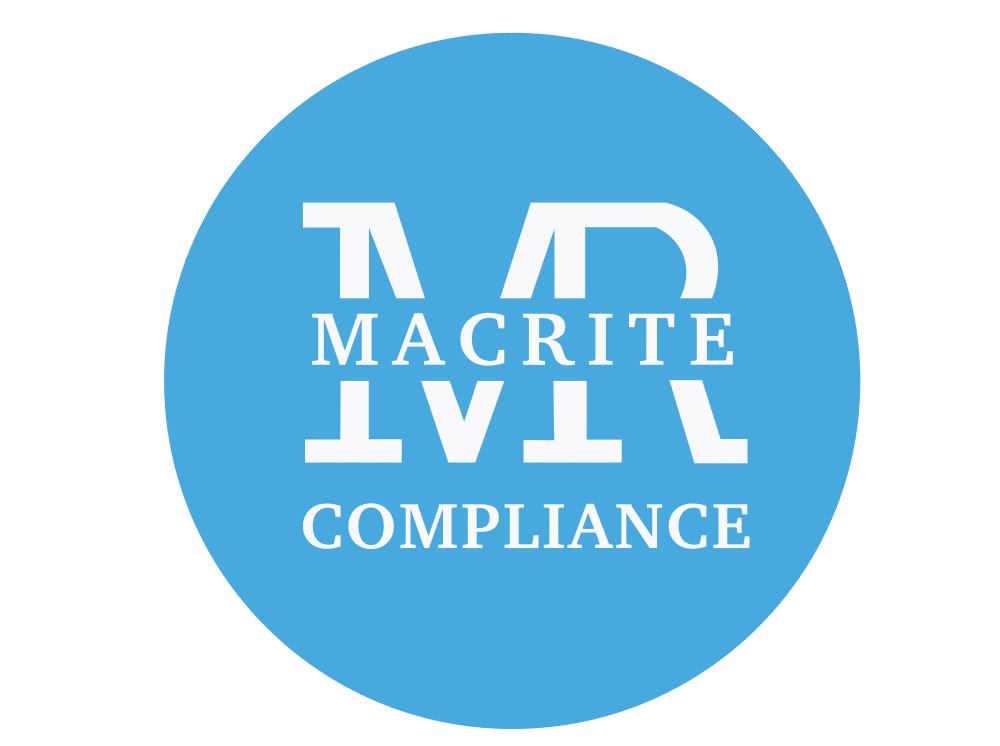Restoration Projects
Have you and your talented team masterfully resurrected a historic steel treasure, meticulously bringing it back to its former glory with profound authenticity and skill, OR have you collaboratively conceived and skilfully created a truly unconventional and inspiring artistic, architectural, or non-architectural piece in metal that captivates, challenges, and endures?
This unique and prestigious award celebrates the truly extraordinary: the visionaries who expertly restore precious heritage metalwork, preserving its intrinsic character while ensuring its future integrity, and the innovators who forge bold, new, and unexpected creations that push the boundaries of metal as a medium. It acknowledges the sophisticated blend of historical knowledge (for restoration), creative artistry, craft skill, and technical acumen required for such exceptional and often deeply collaborative projects, whether they be stunning public art, intricate historical repairs to architectural ironwork, or entirely unique functional or decorative fabrications.
Who should nominate?
Highly skilled artisans, visionary sculptors, specialist restoration firms, architectural metalworkers, traditional blacksmiths, creative engineers, and innovative designers who have successfully undertaken and completed outstanding restoration of historic, aged, or damaged metalwork OR created truly unique, artistic, or unconventional steel projects.
Eligibility & Key considerations
Your work on the nominated restoration project or unusual creation must have been completed (or a major, clearly identifiable phase completed demonstrating the core skills) between 1st July 2023 and 30th June 2025.
The individual, team, or business primarily responsible for the work must be a registered business based on the island of Ireland (the final completed location can be outside of Ireland).
For Restoration Projects: Entries must demonstrate meticulous historical research and understanding, strict adherence to established conservation principles and ethics, exceptional skill in using specialised (and often traditional) restoration techniques, careful selection and use of authentic or appropriate materials and finishes, and clear success in maintaining or reinstating the original character, detail, and structural integrity of the metalwork.
For Unusual Projects (Art, Architectural, Non-Architectural): Entries should compellingly highlight genuine innovation in design and conceptualisation, mastery of relevant fabrication techniques (whether traditional forging, modern welding, CNC processes, etc.), creative and thoughtful use of metal (alone or with other materials), and the overall artistic, functional, or intellectual impact of the finished piece.
All entries should clearly showcase the ability to collaborate effectively (e.g., with clients, architects, engineers, conservation specialists, foundries, specialist finishers, community groups) to deliver high-quality, authentic, and efficient results that genuinely push the boundaries of traditional metal fabrication and/or restoration practices.
What the Judges are looking for
Overall quality of the end result, demonstrable craftsmanship, and meticulous attention to every detail; Degree of Innovation (in creative concept, technical solution, or restoration methodology) and skill in Technical Execution; Complexity of the specific challenge undertaken (whether artistic, structural, material-based, or conservational); Effectiveness and depth of Collaboration with all involved parties to achieve the stated vision and high-quality outcome; Uniqueness of the project, its authenticity (especially critical for restoration), and its overall impact or significance within its context.
Submission Requirements
- Nomination Type
- Business Name
- Project Title (e.g., “Restoration of the [Historic Gate/Bridge/Feature]” or “[Title of Artwork/Unusual Structure/Piece]”)
- Project Location (or current location/collection of restored item, if relevant)
- Project Team (Essential where available): Details of the lead artist/designer/conservator/project lead; specialist fabricators/craftspeople (e.g., blacksmiths, welders, pattern makers); structural engineers (if applicable to the structural integrity or installation); historical consultants or researchers (for restoration); commissioning client, public body, or gallery; and any other key collaborators crucial to the project’s success. Specify roles with clarity.
- Project Summary (max 50 words) – succinctly capture the essence of the project’s nature (e.g., “Restoration of 19th C. cast iron railings” or “Large-scale kinetic steel sculpture”).
- Full Project Description (max 1,000 words) – Tell us the story of the project. For Restoration: Include details such as providing a detailed account of the item’s history and significance, its condition prior to intervention, the research undertaken to inform the approach, the specific restoration philosophy adopted, the precise techniques and materials employed (justifying choices), challenges encountered (e.g., irreplaceable elements, structural instability), and the final state achieved versus original intent. For Unusual Projects: Include details such as describing the conceptual origin/inspiration, the design development process, the choice of metal and other materials, specific fabrication methods employed (e.g., forging, complex welding, CNC shaping, patination), artistic or functional goals, and installation details or context.
- Why Should It Win? – Emphasise its outstanding creativity, exceptional technical skill, historical or cultural significance (if applicable to restoration), or its unique and lasting contribution as an object or installation.
- Project Images (min 2, max 5 high-quality. For Restoration: “Before,” “during intervention,” and “after” shots are highly recommended and critically important. For Unusual Projects: Images from multiple perspectives, close-ups highlighting details of craftsmanship, and shots showing the overall piece in its intended setting or context are vital.)
- Company Logo (PNG)
- Optional: Historical documentation or research reports (for restoration projects), artist/designer statements or concept sketches, detailed technical drawings or photographs documenting key fabrication processes, videos of the item being worked on or the finished piece in situ.
—
—
Company & Team Categories (Extra Mile Awards): Celebrate Your Operational Excellence!
These categories recognise the businesses and teams who consistently go above and beyond – driving impactful innovation, and making a real, tangible difference to the environment & our industry and community.
For these categories, please ensure to detail the key individuals, departments, or external partners who were instrumental as “Project/Initiative Contributors” (refer to Step 6, page 12 of Nomination Guide).
—
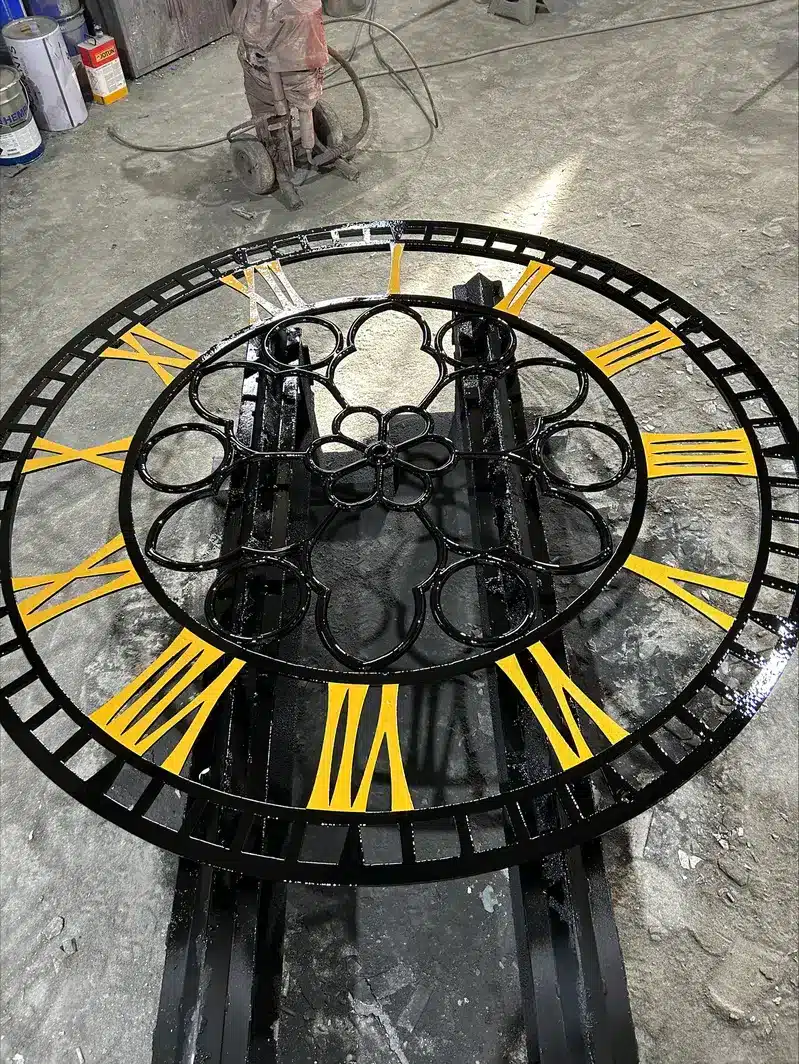
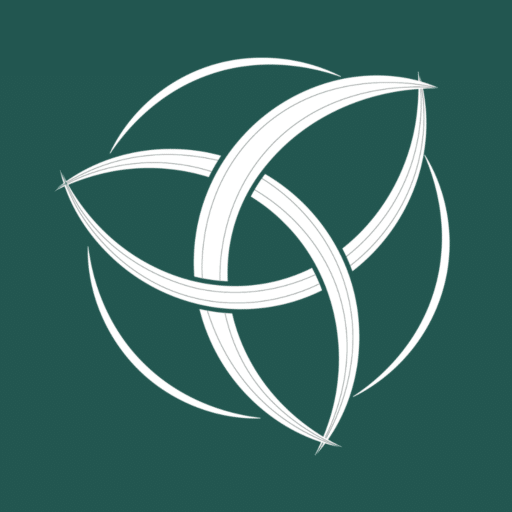
Contact [email protected]

